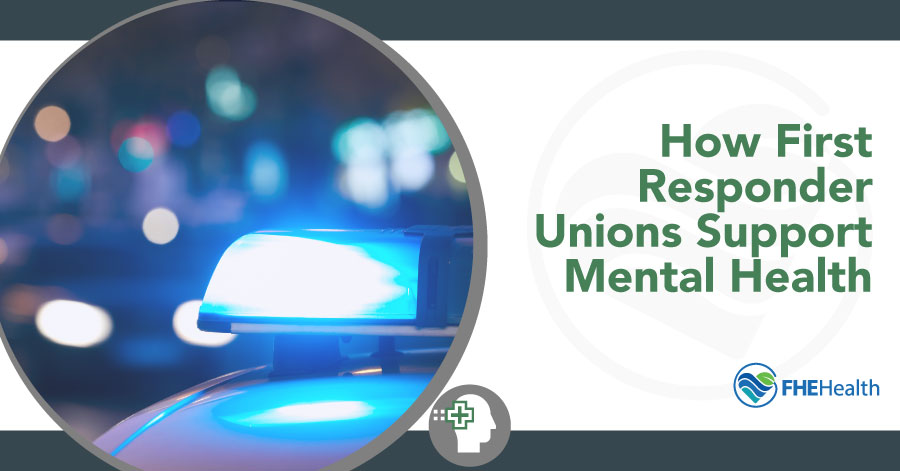
There has been substantial progress in how the medical community and people in general view mental health issues. Even so, stigma and fear of stigmatization continue to be barriers. Collectively, of course, we now know that one in five people will suffer clinical depression at some point during their lives—and the number is significantly higher among first responders.
Unfortunately, many first responders who need mental health treatment choose not to get it out of fear they might lose their job. First responders are at higher risk for substance abuse and mental health issues because of the chronic high stress associated with their work. Because of this, many first responder unions are stepping up to confront the stigma of mental health head-on, offering support to first responders and working to ensure that employees do not face negative consequences after seeking treatment.
Unions are advocates of employees, and first responder unions are particularly strong in their fight for robust worker protections. Today, first responders and other types of workers with union protections know that they have a right to obtain the healthcare they need, including mental health treatments; and yet, many still hesitate to take time and rely on their medical benefits to get this care. They continue to fear that their condition will somehow negatively impact their job security, their chances for promotion, or their work relationships.
Unions have the job of negotiating with employers on behalf of employees’ health and best interests. Anyone can experience mental health symptoms, after all, depending on the circumstances. Two keys to a successful comeback are: getting timely treatment and the reassurance that your job will be waiting for you. Union membership enables these things.






